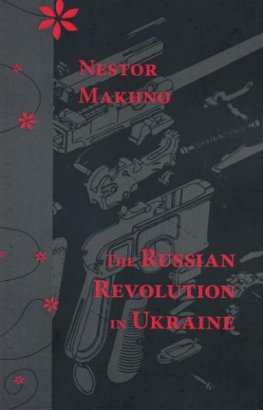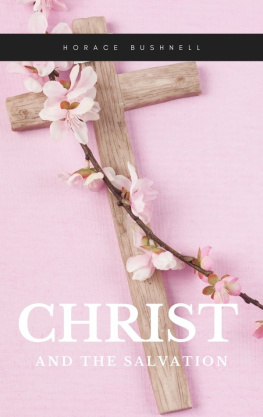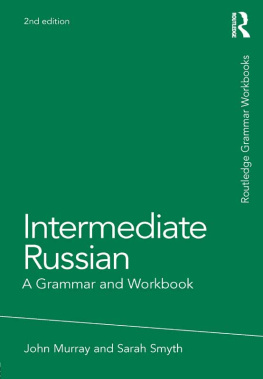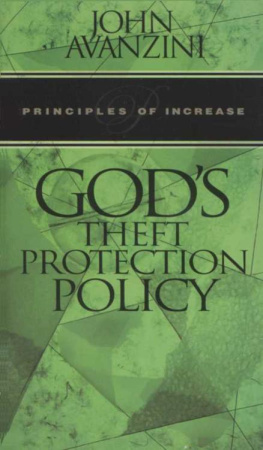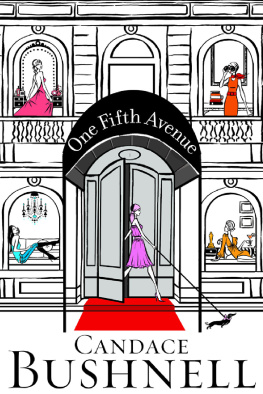Russian Peasant Bride Theft
This book explores the history of Russian peasant bride theft abduction and capture from the adoption of Christianity in Kievan Rus in the late 10th century to the very early 20th century. It argues that bride theft in 18th and 19th century Russia was practiced in large part, but not exclusively, by Old Believers, the schismatics who rejected the Church reforms of the mid-17th century and shunned contact with the Orthodox Church, and that the point of bride theft, where the bride was often a willing party, often married secretly at night by an Orthodox priest acting illegally, was to absolve the bride and her parents of the responsibility for engaging in a formal Orthodox ritual which Old Believers regarded as sinful. The book also considers how bride theft originated much earlier in Russia and was a continuing tradition in some places, and how all this fitted into the Russian peasant economy. Throughout, the book provides rich details of particular bride theft cases, of Russian peasant life and of Russian folklore, in particular bridal laments.
John Bushnell is a Professor in the Department of History at Northwestern University, USA
Routledge Studies in the History of Russia and Eastern Europe
For a full list of available titles please visit: https://www.routledge.com/Routledge-Studies-in-the-History-of-Russia-and-Eastern-Europe/book-series/SE0329
25 Creating Nationality in Central Europe, 1880-1950
Modernity, Violence and (Be) Longing in Upper Silesia
Edited by James Bjork, Tomasz Kamusella, Timothy Wilson, and Anna Novikov
26 The Russian Liberals and the Revolution of 1905
Peter Enticott
27 The Politics of Culture in Soviet Azerbaijan, 1920-40
Audrey L Altstadt
28 Womens Experiences of Repression in the Soviet Union and Eastern Europe
Kelly Hignett, Melanie Ilic, Dalia Leinarte and Corina Snitar
29 Leadership and Nationalism in Azerbaijan
Ali Mardan bey Topchibashov, Founder and Creator
Jamil Hasanli
30 Everyday Soviet Utopias
The Planning, Design and the Aesthetics of Developed Socialism
Anna Alekseyeva
31 Tourism and Travel during the Cold War
Negotiating Tourist Experiences across the Iron Curtain
Sune Bechmann Pedersen and Christian Noack
32 Soviet Women- Everyday Lives
Melanie Ilic
33 Late Tsarist Russia, 1881-1913
Beryl Williams
34 Duelling, the Russian Cultural Imagination, and Masculinity in Crisis
Amanda DiGioia
35 Russian Peasant Bride Theft
John Bushnell
Russian Peasant Bride Theft
John Bushnell
First published 2021
by Routledge
2 Park Square, Milton Park, Abingdon, Oxon OX14 4RN
and by Routledge
52 Vanderbilt Avenue, New York, NY 10017
Routledge is an imprint of the Taylor & Francis Group, an informa business
2021 John Bushnell
The right of John Bushnell to be identified as author of this work has been asserted by him in accordance with sections 77 and 78 of the Copyright, Designs and Patents Act 1988.
All rights reserved. No part of this book may be reprinted or reproduced or utilised in any form or by any electronic, mechanical, or other means, now known or hereafter invented, including photocopying and recording, or in any information storage or retrieval system, without permission in writing from the publishers.
Trademark notice : Product or corporate names may be trademarks or registered trademarks, and are used only for identification and explanation without intent to infringe.
British Library Cataloguing-in-Publication Data
A catalogue record for this book is available from the British Library
Library of Congress Cataloging-in-Publication Data
A catalog record has been requested for this book
ISBN: [978-0-367-67625-4] (hbk)
ISBN: [978-0-367-67624-7] (pbk)
ISBN: [978-1-003-13206-6] (ebk)
Typeset in Times New Roman
by Deanta Global Publishing Services, Chennai, India
Contents
| AI | Akty istoricheskie, sobrannye i izdannye Arkheograficheskoiu Komissieiu |
| PSZ | Polnoe sobranie zakonov |
| RIB | Russkaia istoricheskaia biblioteka |
| RKZhBN | Russkie krestiane. Zhizn. Byt. Nravy. Materialy Etnograficheskogo biuro kniazia V. N. Tenisheva |
I began writing this book in 1987, unaware I was doing so. I had spent a year in the Soviet Union in 19841985, conducting research for an overly grand project on the history of Russian peasant marriage. Among the things I learned that year was that, according to accounts in 19th-century central and provincial newspapers, and a few scholarly journals, Russian peasants practiced bride theft. Those articles prompted me to explore the archive of the Holy Synod (the governing board of the Russian Orthodox Church, 17211917) for confirming evidence that bride theft was in fact a Russian peasant practice. The Synod archive did hold many files on bride theft and other illegal marriages that dioceses had forwarded to the Synod for review. Those bride-theft files were structured as investigations of priests who had performed illegal marriages, and usually provided little information about the behavior of peasant grooms, and sometimes no information about the brides. Nevertheless, they included investigations of priests who had married grooms and their abducted brides secretly, mostly at night. I ordered microfilm copies of many files and set them aside for careful reading later. I presented a descriptive account of bride theft in a conference paper in 1987, but set it aside for further thought. I imagined that I might eventually publish it as an article or, more likely, turn the paper into a chapter in the history of Russian peasant marriage that I still thought I was working on. As of 1987, I had no inkling that Russian peasant bride theft was, overwhelmingly, an Old Believer practice, because what I had read almost never identified Old Believers as participants.
Back in Russia in 19901991, I focused on the demography of peasant marriage. That took me to a number of provincial archives (which had only recently become easily accessible to Western researchers), because that is where 19th-century tax-census records are located; most of the 18th-century tax records that survived are housed more conveniently in a single archive in Moscow. Provincial archives also housed the annual parish confession registers lists of everyone who belonged to the parish, with notations on who had and had not confessed that year (an annual requirement), and if not, why not. As I will explain in , the identification of confessants and non-confessants can be quite unreliable, but at the outset I read confession registers as demographic documents supplementing, and providing a check on, tax census returns. I was not then interested in confession statistics.
When a few years later I began reading confession registers in the Vladimir historical archive, I ordered completely at random registers from Kuplia parish (Gorokhovets district, eastern Vladimir province) from the second half of the 18th and the first half of the 19th century. They completely reoriented my research: they told a story of Russian peasant marriage that was completely at variance with every historians and ethnographers understanding of Russian peasant marriage. We believed that Russian peasants married universally, or almost so. A few women and men in some villages, we knew, never married, but in most villages, all or almost all peasant men and women did marry. We assumed, with good reason, that the exceptions were due to physical or mental incapacity so severe that they precluded marriage. Indeed, on large serf estates with their own household-by-household population lists, and where serf owners compelled serfs to marry if they resisted, estate managers commonly explained in just that way why some adult serfs failed to marry: blind, weak-minded, crippled. In Kuplia parish, however, as of 1800, 70 percent of the adult women born in one village had never married; in another village, roughly 40 percent of locally born women had never married. By the time of the 1830 confession register and the 1833 tax census, adult women born in three of the six parish villages had reached 6070 percent marriage avoidance. Peasants in those three villages were appanage peasants, subordinate to the Imperial family, not serfs; the three in which most women married were serf villages, but even so, their owners were unable to force all the serf women to marry. There were many other appanage and state peasant villages in the same area with lower, but still shockingly high, levels of female abstention from marriage. Over a number of years, I found unusually elevated rates of female abstention from marriage in other districts in Yaroslavl, Kostroma and Nizhniy Novgorod provinces. It took a book to describe and explain what I had found: Russian Peasant Women Who Refused to Marry: Spasovite Old Believers in the 18th19th Centuries (Indiana University Press, 2017).





